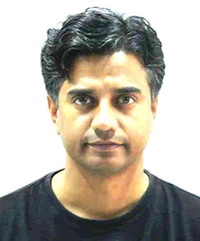Week 1: On Language
What is Language?
What is scientific about language?
How is language constitutive of being human?
Distinction between human and non-human language
Origin of language
What is the relationship between language and mind?
How do children acquire language?
Nature of learning language
Generative foundation of language acquisition
Biological foundation of Language
Language acquisition device
Universal grammar
Week 2: Language in Mind
Acquisition and/or learning
I-language and Innateness
Patterns – Universal Grammar
Human Brain
Language deficit/ loss
Week 3: Patterns in sounds and words
Sounds
Vowels/Consonants
Places and manners of articulation
Features of sounds
Week 4: Words and sentences
Words
Constraints of patterns in words
Cluster as constraints
Syllables
Week 5: Grammar
Parts of sentences
Subjects/ Predicates
Lexical categories
Functional categories
Nature of verbs
Week 6: Advanced Grammar
Complement/ adjunct
Restrictions
Semantic relations
Case
Movement
Week 7: Levels of representation and principles of grammar
Movement/displacement
Motivation for the movement
Complementizer phrase
Case assignment
Passive morphology and NP movement
D structure
Binding theory
Indices and antecedents
Co-indexing
Constraints
Week 8: Language and cognition
Compound verb
Negation
Language and Cognition
Goal of cognitive sciences
Computational linguistics- goals, breakthroughs and challenges
Language and mind

DOWNLOAD APP
FOLLOW US